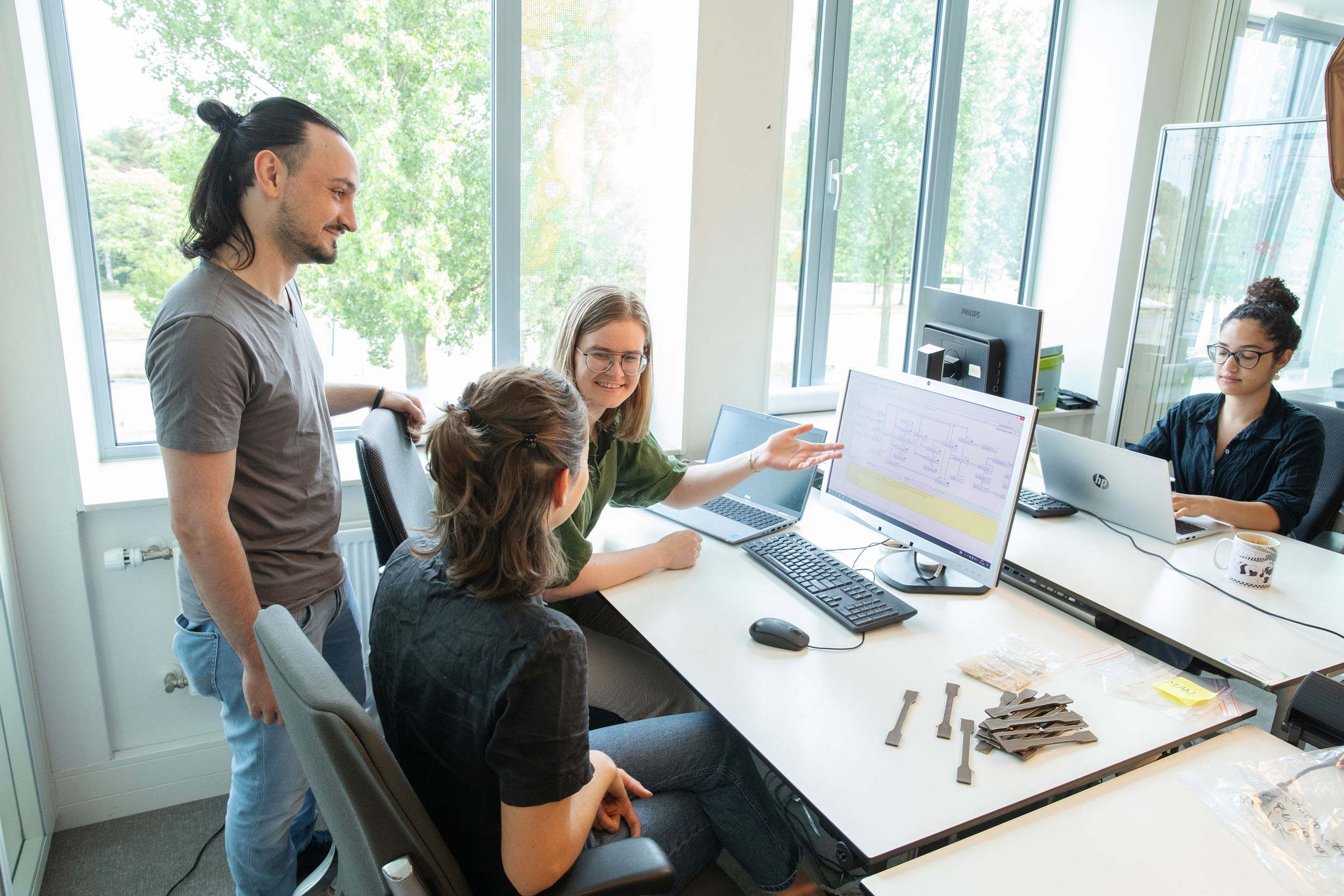Description
West-Noord-Brabant and its legacy of industries is not yet set up to deal with the ambition of the European Union to have a CO2-neutral and circular economy by 2050. To achieve this, a transition must be made from conventional linear chemical industry to circular chemical industry.
Mechanical recycling is a good technique for recycling non-contaminated plastics, but also as a pretreatment for chemical recycling, while chemical recycling is the best solution for mixed complex plastics. Mechanical recycling is already widely used in the Netherlands, but chemical recycling is still a relatively new alternative.
Chemical recycling, like pyrolysis or solvolysis, is an innovative processing technique for plastics, biomass, mixed streams and household waste. It is an inseparable part of the green transition. The technology for chemical recycling is still under development.
One of the interesting examples is the cashew nutshell, which is currently discarded as waste or used as an inefficient fuel, creating environmental issues. The cashew nutshell contains Cashew Nutshell Liquid (CNSL), which consists of the valuable chemical component cardanol. Cardanol can be used to produce biobased epoxy thermosets with balanced rigid-flexible performance.
Chemical recycling can contribute greatly to the green transition but is still relatively new and needs to be further developed.
Who are we?
The materials and energy transition is a major challenge, but we are optimistic about the future. We see and seize opportunities to accelerate. Together!
MNEXT, along with the SMEs, forms the bridge between innovation and society. By conducting applied research with students, teachers, and researchers. By collaborating on educational innovation. This is how we set the materials and energy transition in motion. For a sustainable future. Within MNEXT you will be working for the Biobased Resources & Energy research group which works on the valorization of residual streams from nature, agriculture or industrial sources.
General Information
Payment: €350/month.
Working language: English/Dutch.




